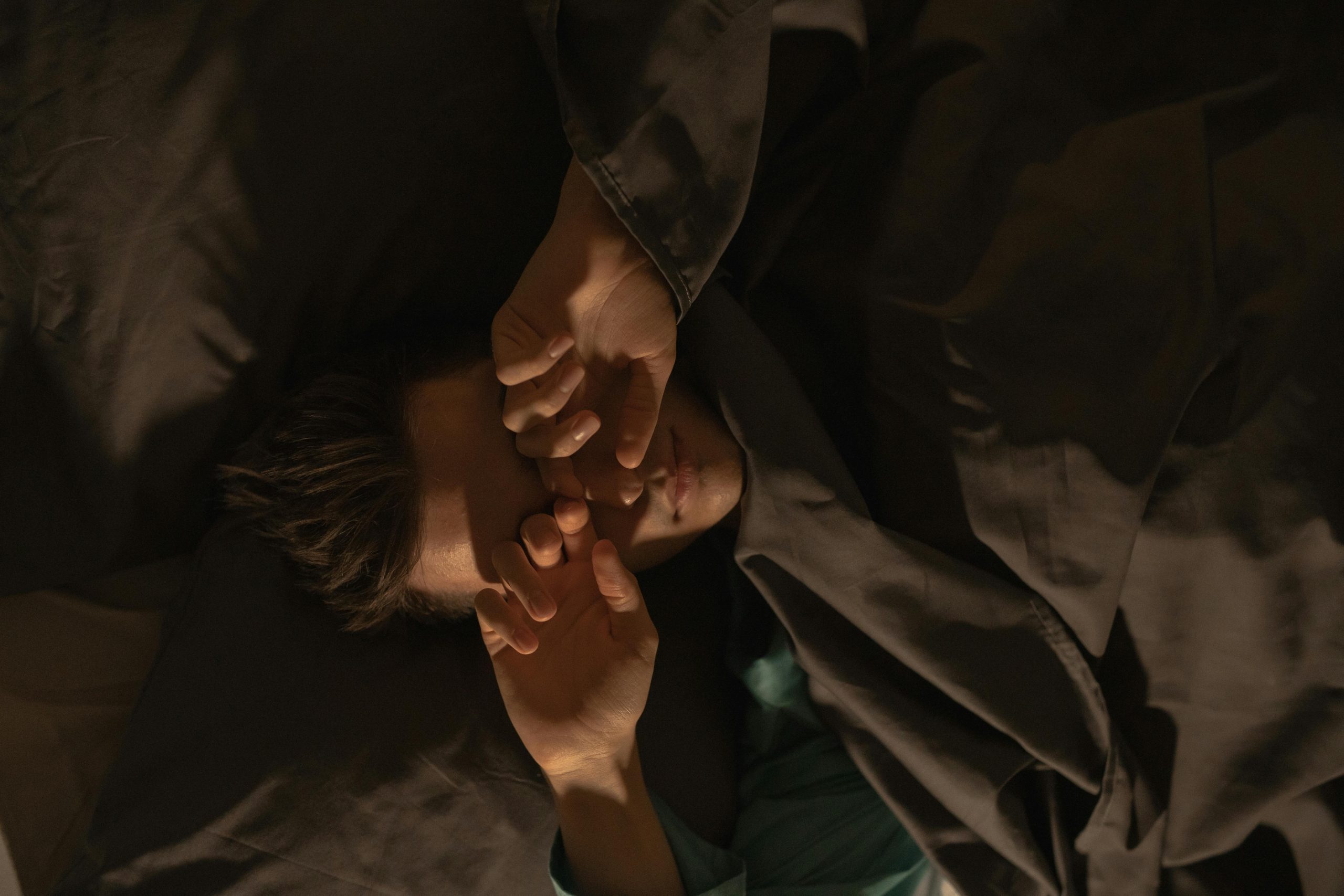Sleep Hygiene for First Responders: Strategies for Better Rest on Shifts and Days Off
Date:Monday July 28, 2025

Sleep is one of the most critical—yet often neglected—components of health for first responders. Irregular hours, night shifts, and high-stress calls can all interfere with quality rest. Poor sleep affects your mood, focus, decision-making, and long-term health. By practicing better sleep hygiene, you can improve both your performance and overall well-being.
Understand Your Circadian Rhythm
Your body’s internal clock (circadian rhythm) is wired to respond to light and dark cycles. When shift work disrupts this rhythm, it becomes harder to fall asleep and stay asleep. You can help reset your clock by:
- Using blackout curtains or a sleep mask during the day
- Limiting screen time before bed
- Exposing yourself to bright light when you need to be alert
Create a Sleep-Friendly Environment
Make your sleep space as comfortable and quiet as possible. Use a fan or white noise machine to block out environmental sounds. Keep the temperature cool and avoid caffeine or heavy meals close to bedtime. Consistency is key—even if your schedule is unpredictable, maintaining the same pre-sleep routine helps signal your body it’s time to rest.
Napping as a Tool
Short naps (20–30 minutes) during long shifts or before a night shift can restore alertness without leaving you groggy. Be strategic—avoid long naps late in the day, which can interfere with nighttime sleep.
Sleep Aids and Alternatives
Avoid relying heavily on sleep aids unless prescribed. Instead, try natural methods like chamomile tea, calming music, or gentle stretching before bed. Over time, these cues can help train your body to wind down.
